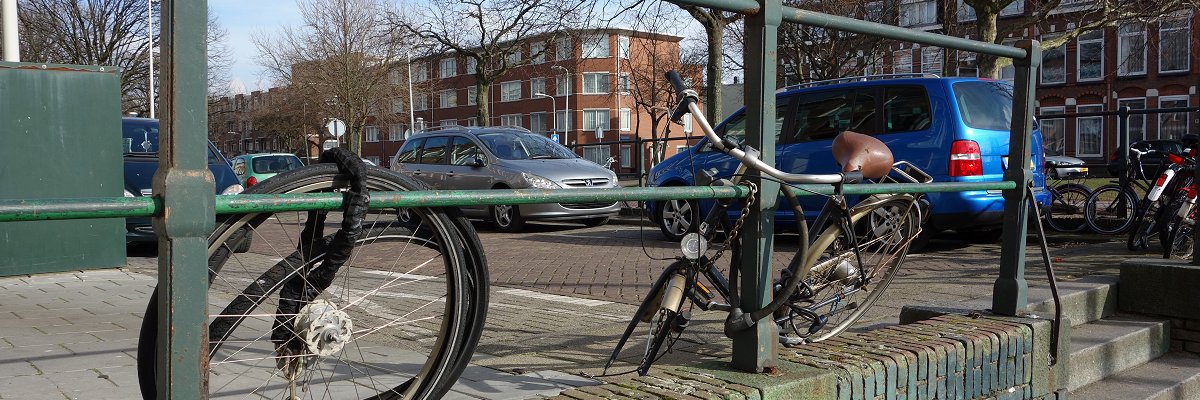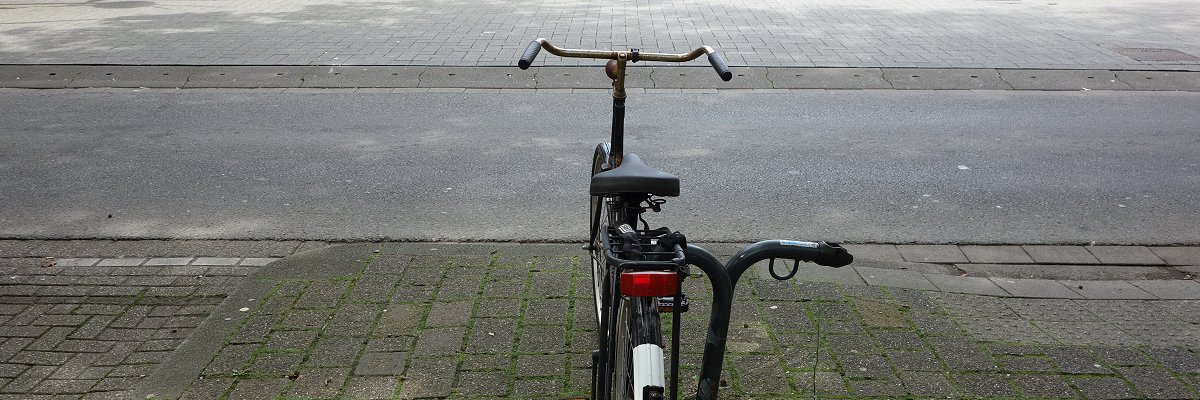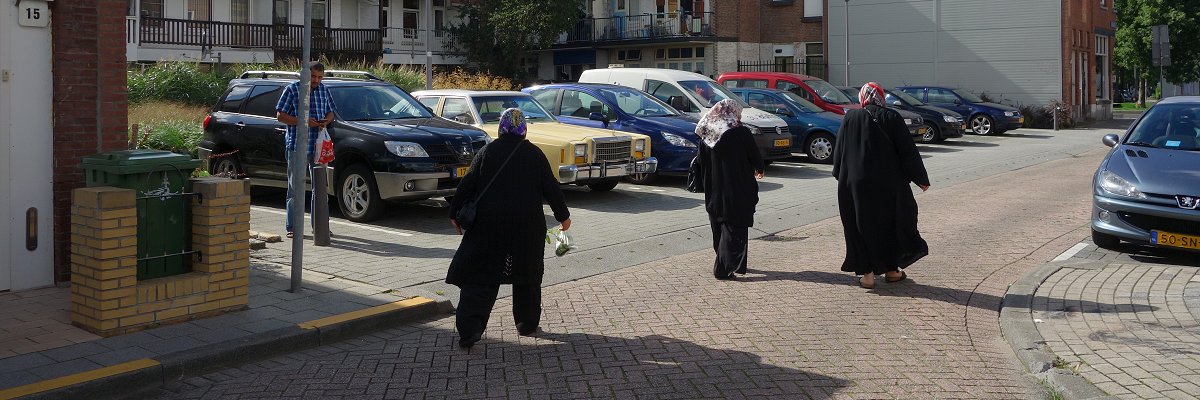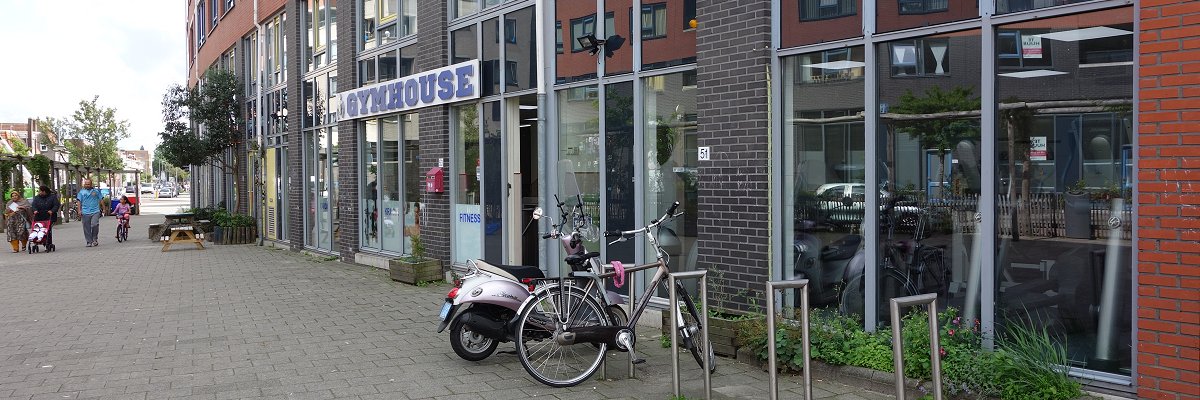Transport poverty
Research (since 2015), including the project assigned by the four main Dutch cities (2017-2018), at Ghent University (2019-2020) & pending (since 2021)
News: on transport poverty at a mainly rural area.
All download links at bottom of this page.
Dutch version …
Mobility is an important condition for people to be able to maintain themselves in the modern city and society. No one gets far without mobility. Hence, there is a serious risk of so-called transport poverty if people do not have sufficient and appropriate means of transport, or if people can’t handle these resources well enough. The phenomenon of transport poverty has a long history. A lot of scientific research is available for example from England and Flanders. An operational definition has been compiled on basis of an exploratory and ethnographic inspired empirical research by Favas.net in the four major cities of the Netherlands, including an international literature survey. In short, transport poverty means that one can’t fully participate in social life due to limited means of transport.
An operational definition has been compiled on basis of an exploratory and ethnographic inspired empirical research by Favas.net in the four major cities of the Netherlands, including an international literature survey. In short, transport poverty means that one can’t fully participate in social life due to limited means of transport.
It is plausible that a certain degree of transport poverty exists in European and American cities. For example, circumstances in a city like Rotterdam in the Netherlands are unfavorable. Poverty is a major cause of transport poverty, but transport poverty can, in turn, strengthen poverty, as it reduces work, development opportunities and social participation. In the Rotterdam case, an estimated 20% of the population is actually struggling with transport poverty. In addition to a weak economic position, poor health, low education and low literacy contribute to immobility. Furthermore, experienced and real insecurity, strong car-dependency, as well as complicated and expensive public transport play a negative role. The use of the bicycle can partly prevent transport poverty, but the limited range and the poor accessibility of the ‘cycle system’ for many represent a challenge for the fight against transport poverty.
In addition to a weak economic position, poor health, low education and low literacy contribute to immobility. Furthermore, experienced and real insecurity, strong car-dependency, as well as complicated and expensive public transport play a negative role. The use of the bicycle can partly prevent transport poverty, but the limited range and the poor accessibility of the ‘cycle system’ for many represent a challenge for the fight against transport poverty.
Transport poverty, also referred to as ‘transport disadvantage’, requires a place on the political agenda of cities and of rural regions. Unfortunately, in Europe and America, this is far from being the case. Scheduling of transport poverty should be subject of new research. The research (2017-2018) was carried out by Favas.net on behalf of the four main Dutch cities (G4) by Rob van der Bijl (Favas.net) in collaboration with Hugo van der Steenhoven (Hugocycling). Added researchers were Renée van der Bijl (Favas.net) and Irène Bavencoff (Ghent University). Favas.net started new research in 2019; new publications in 2020; and new activities for 2021. Meanwhile, our main findings are confirmed by recent research of the Council for the Environment and Infrastructure (Rli) – the primary strategic advisory board for the Dutch government and parliament in matters relating to the physical environment and infrastructure.
The research (2017-2018) was carried out by Favas.net on behalf of the four main Dutch cities (G4) by Rob van der Bijl (Favas.net) in collaboration with Hugo van der Steenhoven (Hugocycling). Added researchers were Renée van der Bijl (Favas.net) and Irène Bavencoff (Ghent University). Favas.net started new research in 2019; new publications in 2020; and new activities for 2021. Meanwhile, our main findings are confirmed by recent research of the Council for the Environment and Infrastructure (Rli) – the primary strategic advisory board for the Dutch government and parliament in matters relating to the physical environment and infrastructure. Downloads of our documents:
Downloads of our documents:
Research project 2017-2018, the G4-report (January, 2019) (sorry, in Dutch only).
A short summary of the report.
Our presentation at Brussels, Belgium (November 13, 2018) for the EU Inclusion project.
Update by Favas.net: March 2024
